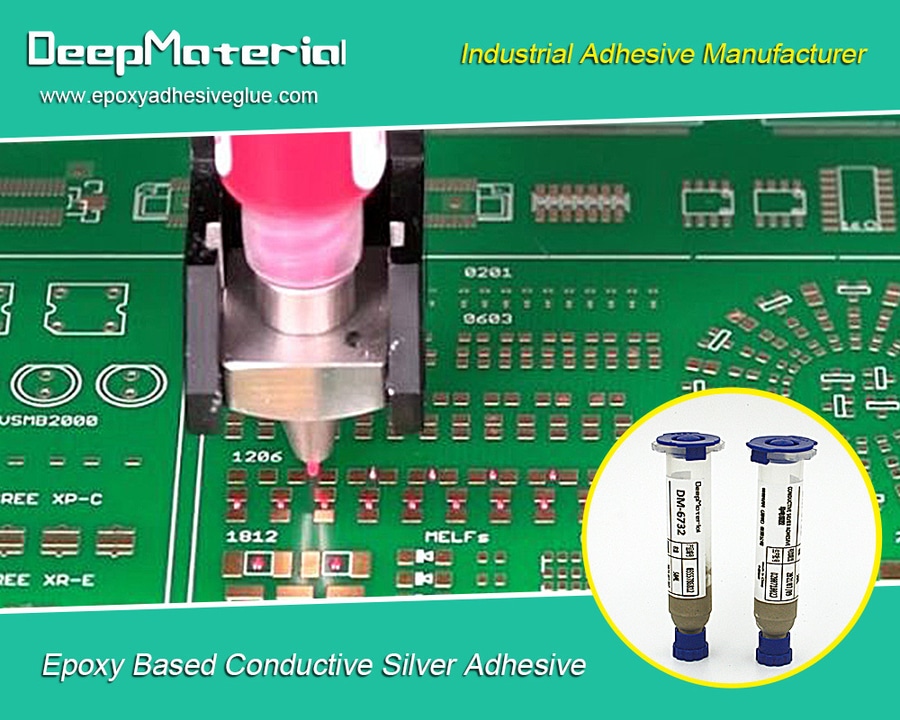
#Industry News
How do you choose the appropriate type of automotive adhesive for a specific application?
Best Automotive Adhesive Adhesive Glue Manufacturer
How do you choose the appropriate type of automotive adhesive for a specific application?
Choosing the appropriate type of automotive adhesive for a specific application involves considering several factors. Here are some key considerations to help you make an informed decision:
Substrate Compatibility
Ensure that the adhesive you select is compatible with these substrates to achieve a strong and durable bond. Consult the adhesive manufacturer’s guidelines or technical data sheets to verify compatibility. Determine the materials you need to bond together. Common substrates in automotive applications include metal, plastic, glass, rubber, and composite materials. Different adhesives work better with specific materials, so you need to choose one compatible with your substrates.
Environmental Factors
Consider the conditions the adhesive will be exposed to, such as temperature extremes, moisture, chemicals, or UV exposure. Some adhesives are specifically designed to withstand harsh environments, while others may degrade or lose their adhesive properties under certain conditions. Ensure the adhesive can withstand the anticipated environmental conditions.
Strength Requirements
Determine the load-bearing capabilities you require for the application. Adhesives have different tensile, shear, and peel strengths. Consider factors like weight, vibration, impact resistance, and stress levels to select an adhesive that can handle the expected forces. Consider the required strength of the bond. Some applications may require high strength, such as structural bonding, while others may require more flexibility or low-strength bonds. Adhesive manufacturers provide information on the strength and flexibility characteristics of their products.
Cure Time
Evaluate the available time for the adhesive to cure or bond. Some adhesives offer fast curing times, while others require longer periods. Rapid curing may be desirable for high-volume production, whereas slower-curing adhesives can require additional assembly time and adjustments. The cure time may impact the production process or repair time, so choose an adhesive that aligns with your time constraints.
Application Method
Consider the practical aspects of applying the adhesive. Some adhesives are available in cartridges for easy dispensing with a caulking gun, while others may require mixing or specialized equipment. Ensure the chosen adhesive aligns with your application process and equipment. Determine the method you plan to use for applying the adhesive. Common application methods include spray, brush, roll, or bead. Some adhesives are specifically formulated for a particular application method, while others offer versatility.
Regulatory Compliance
Determine if there are any specific regulatory requirements for your application. Automotive adhesives must meet industry standards and regulations, such as those related to safety, emissions, or flammability. Confirm that the adhesive you select complies with the necessary standards. Be aware of any specific regulations or standards applicable to your industry or region. Automotive adhesives may need to meet certain specifications, such as UL, DIN, or ISO standards. Ensure the adhesive you select complies with the necessary requirements.
Manufacturer recommendations
Consult the adhesive manufacturer’s documentation, technical data sheets, and application guidelines. These resources provide detailed information about the adhesive’s properties, recommended applications, and limitations. Following the manufacturer’s recommendations can help ensure successful bonding.
Testing and Validation
It is recommended to conduct sample testing or seek advice from adhesive manufacturers to validate the adhesive’s suitability for your specific application. They can provide technical support and guidance, and they can recommend specific products based on your requirements. Whenever possible, perform small-scale tests or seek validation from the adhesive manufacturer to verify the suitability of the adhesive for your specific application. This helps you assess the bond’s strength, durability, and performance before implementing it on a larger scale.
conclusion
choosing the appropriate type of automotive adhesive requires careful consideration of factors such as substrate compatibility, environmental conditions, strength requirements, cure time, application method, regulatory compliance, manufacturer recommendations, and testing/validation. By evaluating these factors and seeking guidance from adhesive manufacturers or experts, you can select the right adhesive that will provide strong, durable, and safe bonds for your specific automotive application.
The method of use should be consistent with the application of technology and equipment and should be based on specific methods of mixing adhesive. Regulatory compliance to ensure that the adhesive is in compliance with industry standards and regulations. Manufacturer recommendations were provided relating to the limitations of the adhesive properties, recommended application, and detailed information. Before large-scale implementation, testing and verification are very important to assess adhesion strength, durability, and performance.
Remember, selecting the appropriate adhesive is crucial for the performance, durability, and safety of automotive applications. By carefully considering these factors and seeking guidance from adhesive manufacturers or experts, you can choose the right adhesive that will provide strong, durable, and safe bonds for your specific automotive application. Different adhesive formulations have varying properties, so it’s crucial to choose one that aligns with your specific requirements. If you are unsure about the appropriate adhesive for your application, consult with adhesive manufacturers, industry experts, or seek professional advice to ensure you make an informed decision.
For more about choosing the automotive adhesive,you can pay a visit to DeepMaterial at https://www.epoxyadhesiveglue.com/products/ for more info.





